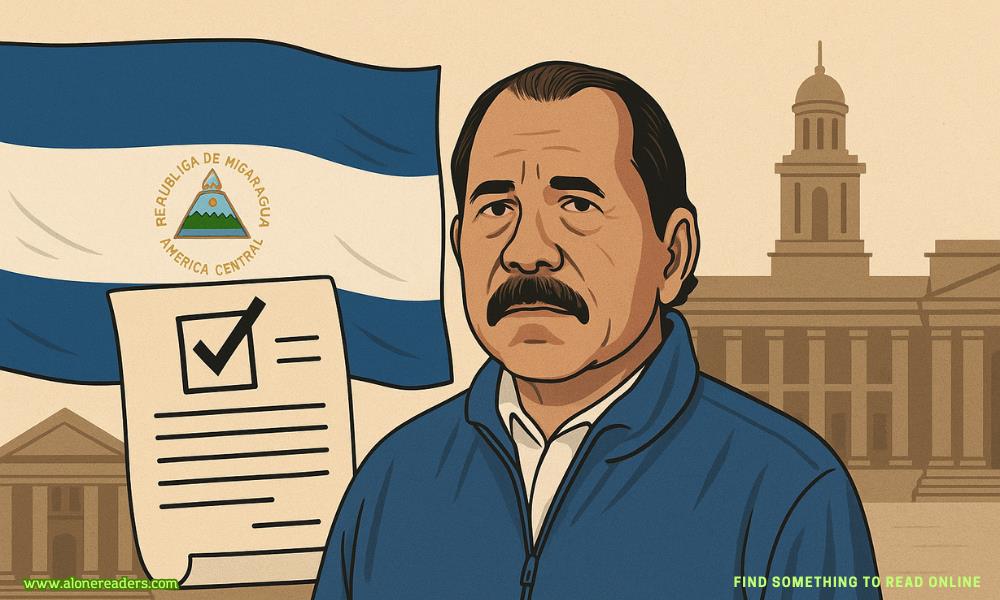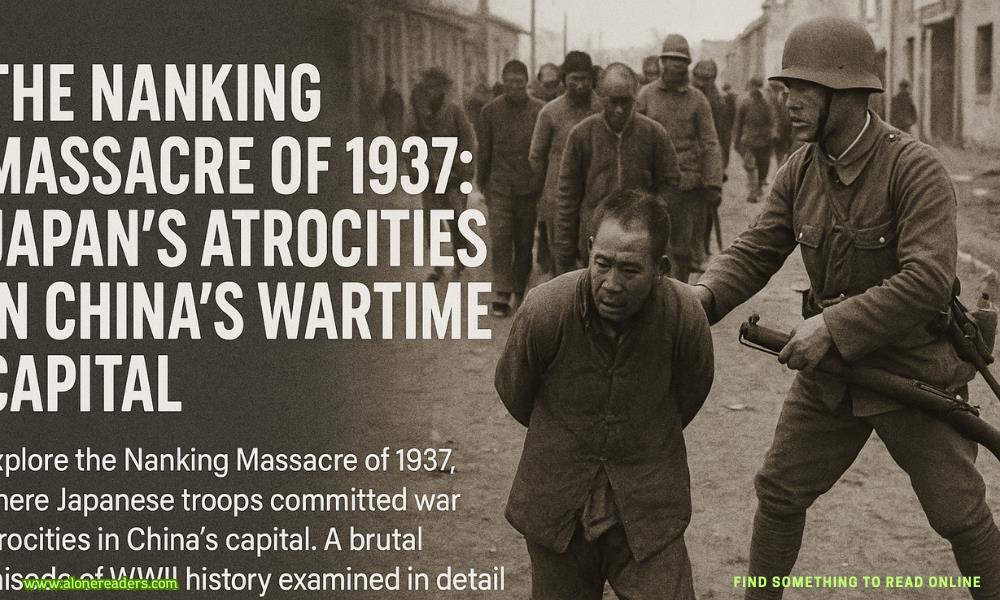Page 55 of Ink Blood Sister Scribe
“To where? To whom?”
“I know I am asking you for something difficult,” Cecily said. “I am asking you to trust me, with no explanations. Someday I hope I will tell you everything and you’ll understand completely, but for now, I need you to believe that what we want is not so different. I’m not acting against your interests, and I would never do anything to harm you. Tell me you know that.”
Joanna did know it; or at least, her body knew it, her heart and her gut. But her mind insisted that such knowledge was incompatible with what Joanna had witnessed over the years. She’d seen Cecily try to burn the wards and then leave Abe when her plan wasn’t successful. She’d listened when her father told her not to let Cecily back in, listened when they’d kept arguing well after Cecily had moved out. She’d fielded hundreds of unveiled requests from Cecily to reenter the house and hundreds of veiled criticisms she couldn’t help but believe had been formulated in part to make Joanna give up on the wards of her own accord. Cecily had made no secret of wanting Joanna to leave this house, leave the books, leave the only protection she had. Wasn’t wishing someone unprotected the same as wishing them harm?
The only counterargument was the fact that she knew Cecily loved her.
“Trust me,” Cecily said again. “For three days. Then I’ll come back and suspend the spell.”
“You’llendit,” Joanna said.
“I can’t do that,” said Cecily and let go of Joanna’s face. “The book is on the other side, I put it through as soon as I cast it, many years ago.”
When Joanna looked in the mirror, she saw only herself, her own huge, thinly lashed hazel eyes staring back at her. She saw Cecily at her side, saw the room behind her, the piles of junk, the purple edge of Esther’s old quilt. Touching the glass felt like touching any glass, cold, hard, fragile. Where was that other room, that other mirror? Who was behind it?
In the end it was not Joanna’s trust in her mother that won out. It was her curiosity.
“Three days,” she said. “Then you suspend the spell, you wipe away your blood completely.”
“Yes,” Cecily said immediately. Relief was written all over her face and Joanna wanted, desperately, to know why. But Cecily wouldn’t tell her anything. Perhaps the mirror would.
17
Ever since he first began writing books, Nicholas had made all his ink in one of the two basement kitchens. This was where he’d had his practical lessons as a child. Unlike the newer kitchen, which was the domain of the domestic staff, this kitchen hadn’t been updated since the late nineteenth century, and its wooden walls, pitted flagstone floors, and iron stove were stained with decades of oily smoke. With smoke—and with blood. Nicholas was fairly certain a forensics investigation would light the whole place up like a rave.
As it stood now, the kitchen was lit only by the early-morning sun, and Richard was silhouetted against the window with his back to the door as Nicholas came in.
Nicholas could make the ink by himself, but it was easier, quicker, and less painful with someone to help him, and usually he would have been pleased to have not only Richard’s company but the rare warmth of his full attention. This morning, however, the sight of his uncle provoked only a sick surge of fear deep in his belly.
He’d barely slept the night before, tossing and turning until his sheets were a ropy tangle and Sir Kiwi had left the bed in protest to sleep on the floor. He kept picturing that jar, the eye, those carefully severed veins, the fierce, protective look Richard had worn when he’d promised to keep Nicholas safe, and Tretheway’s mangled body lying in that mirrored room.
Last night he and Collins had left the study immediately, hurrying back through the passageway so Collins could read the spell and get them through the bookshelf. Nicholas had half expected Richard or Maram to be waiting for them on the other side, accusatory, furious. But no one was there. They’d gone back to Nicholas’s chambers without encounteringa single soul, and despite the dead body lying in the room right next to Richard’s study, no one had come to speak with them.
“We had nothing to do with Tretheway,” Collins had insisted. “We just happened to be there when it happened. He’d be dead even if we’d never found that passage.”
This was true, yet all night Nicholas had been certain that at any moment Richard was going to burst through the door of his bedroom and accuse him of murder. And what would Nicholas accuse Richard of? The possible charges were too awful for him to articulate.
Now he couldn’t help but tense as Richard turned from the kitchen window toward him, backlit so it was hard to see his expression.
“Good morning,” he said.
“Morning,” Nicholas said, trying to keep his voice even. Surely Richard had found the body by now, hadn’t he? Surely he knew Tretheway was dead. Did he know Nicholas had been there when it happened?
But when Richard stepped out from the glare of sunlight, Nicholas saw he was smiling—a natural, welcoming smile, unstrained and completely normal.
“All right?” he said. His voice, too, was normal. “I know it’s a bit early for you.”
Nicholas forced himself to smile back. “I’ll manage. Thanks for getting everything set up.”
Among the instruments—the needles, the basin, the tubing, the gum arabic, the candles—sat an enormous glass of orange juice, and Richard pointed to it.
“Drink,” he said. Nicholas picked up the glass and took a sip, though it felt like battery acid in his dry mouth. He watched Richard frown into a box of twenty-one-gauge butterfly needles.
“Those’ll take forever,” Nicholas said. His own voice, too, sounded perfectly casual, not a hint of a quiver that might betray his nerves. “Are we out of the straights?”
“No,” Richard said, “but you’re out of good veins.”
“I only blew onelast time,” Nicholas said. “And that was almost two months ago.”
- The Billionaire's Obsession by Emma Bray
- Mischievous Lies by T.L. Smith
- House of Soot by Ajme Williams
- Orphan Girl's Mountain Men by Daisy Summers
- The Russian Retribution by Ava Gray
- Gash by Sam Crescent
- A Mate Betrayed by Beth D. Carter
- Mafia Boss's Fake Wife by Vivy Skys
- Innocently Captured By the Bratva by Isla Brooks
- Jaxon by Winter Sloane
- Heal Me by Ella Jacobs
- Kissing the Villain by Jillian Frost
- Vengeful Embers by Kat Steele
- The Bratva's Weakness by Cassi Hart
- Tall, Dark, & Ginger by Mia Monroe
- One of Them by Lina Beck







